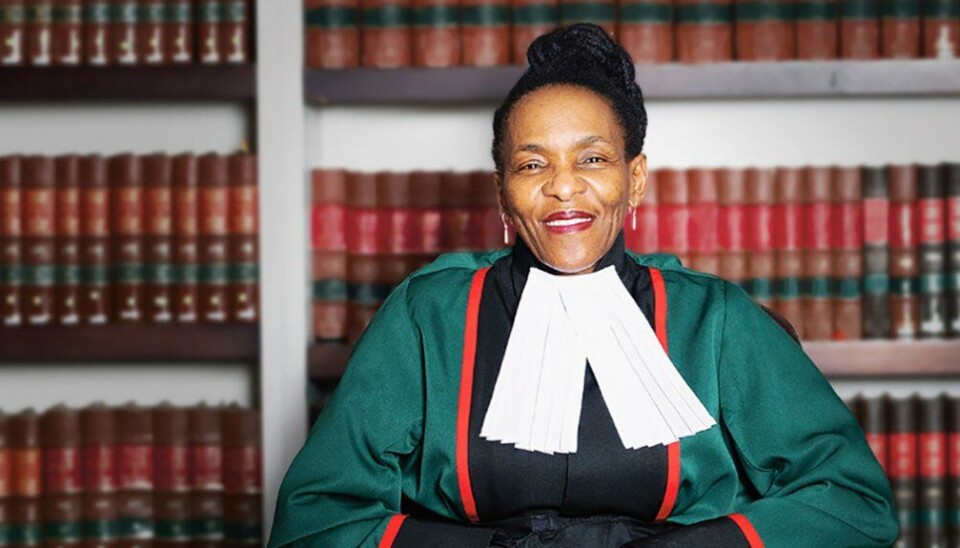Copyright : Re-publication of this article is authorised only in the following circumstances; the writer and Africa Legal are both recognised as the author and the website address www.africa-legal.com and original article link are back linked. Re-publication without both must be preauthorised by contacting editor@africa-legal.com
To dispense justice, the Judiciary must ensure it within its own ranks, says Chief Justice Mandisa Maya

As South Africa celebrated National Women’s Day on Saturday, Chief Justice Mandisa Maya announced a landmark sexual harassment policy for the South African judiciary, reaffirming a zero tolerance approach for any abuse of power by judges.
The Judiciary cannot dispense justice to society if it does not first ensure it within its own ranks, and as custodians of the Constitution, judges and magistrates bear a profound responsibility to uphold the highest standards of integrity, said the South African Chief Justice, when announcing a sexual harassment policy on Saturday.
“This policy is a necessary and urgent intervention,” said Chief Justice Mandisa Maya, harnessing the platform of National Women’s Day to reveal the historic step in safeguarding the integrity of South Africa’s courts and the dignity of those who serve within them. “Sexual harassment is a gross abuse of power, a denial of equality, and a stain on the legitimacy of the courts. We are going to tackle it head on, and this Policy will be a very useful mechanism in that battle.”
The first woman to ever hold the office of Chief Justice of South Africa, Mandisa Maya has carved new paths and broken glass ceilings for women throughout her judicial career. She was the first black woman ever appointed to the Supreme Court of Appeal, then the first woman to ever be Deputy President, then President.
National Women’s Day is a public holiday that commemorates the 20,000 courageous women of all races who marched to the Union Buildings in Pretoria on 9 August 1956, protesting against discriminatory Apartheid laws. Alongside celebrating the achievements of women and their vital contributions to society, it also serves as a reminder to address ongoing issues facing women in South Africa today.
Key principles of the Sexual Harassment Policy of the South African Judiciary, announced by Chief Justice Maya on National Women’s Day, include:
Zero tolerance for sexual harassment by or against any judicial officer, staff member, or individual engaging with the Judiciary;
Clear, confidential, and fair procedures for reporting and addressing complaints, with protections against retaliation;
Accountability, with disciplinary consequences for offenders;
A safe and respectful workplace, free from discrimination and intimidation.
The Policy reiterates the Judiciary’s “unwavering commitment to the Constitutional values of human dignity, equality, and justice”, and sends a clear message: sexual harassment has no place in the halls of justice.
Because where sexual harassment occurs within the judiciary, it is not only a personal violation, but an affront to the rule of law itself, eroding public trust and betraying the very principles the institution exists to defend and uphold.
Chief Justice Maya directed all members of the South African judiciary to urgently familiarise themselves with the Policy, which aims to further entrench a culture of accountability and respect, where the judiciary remains “a beacon of justice for all”.
“This is not merely a document, it is a covenant with the people of South Africa,” said Chief Justice Maya. “We must lead by example.”
